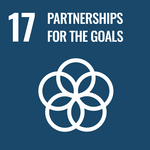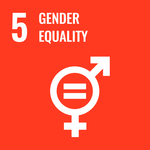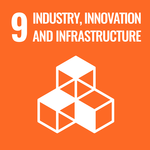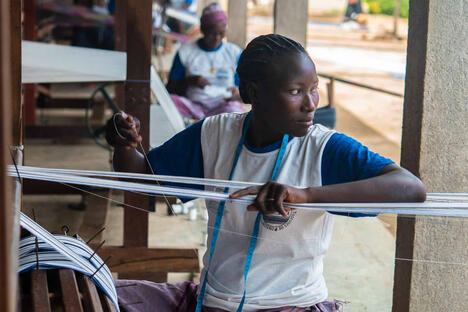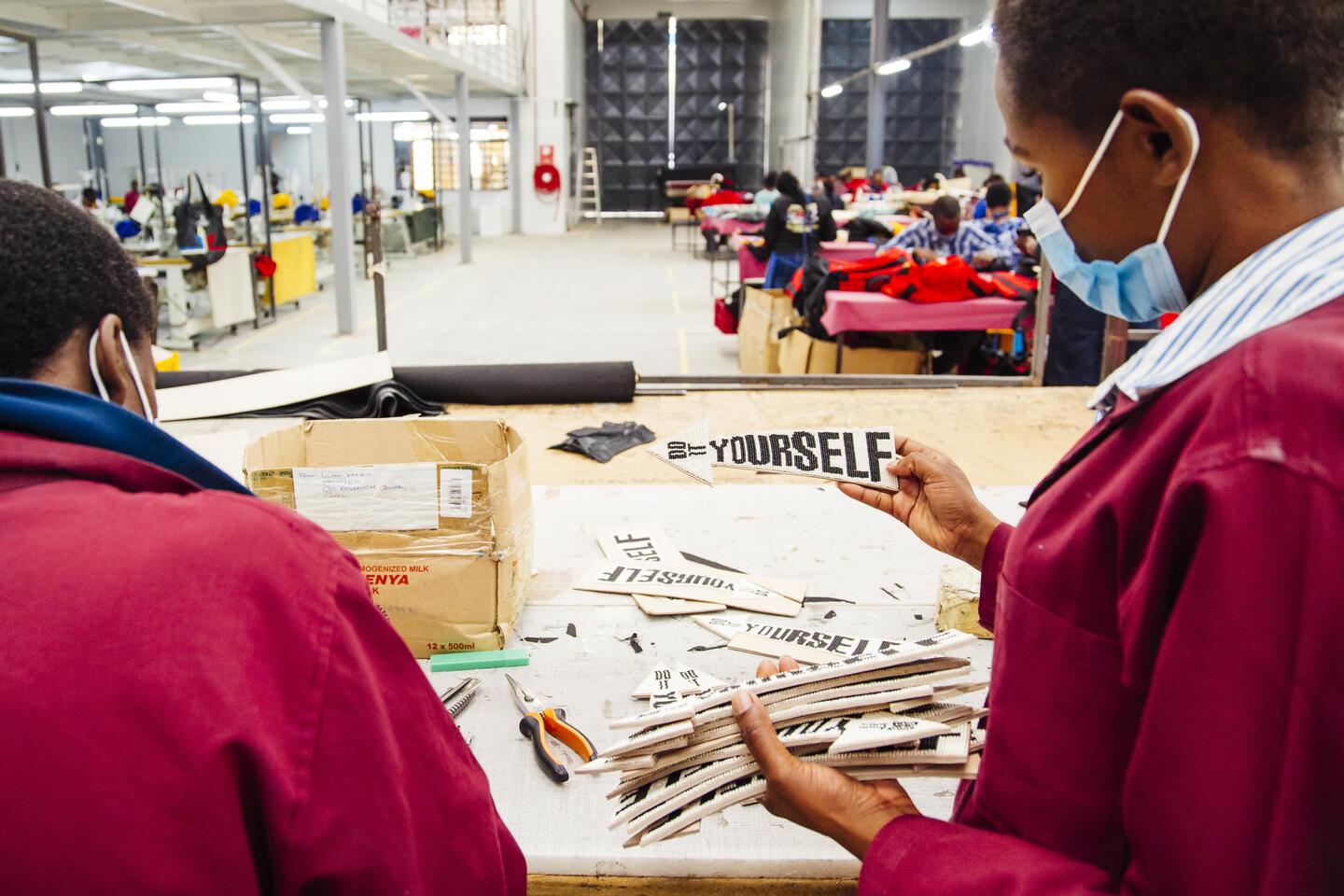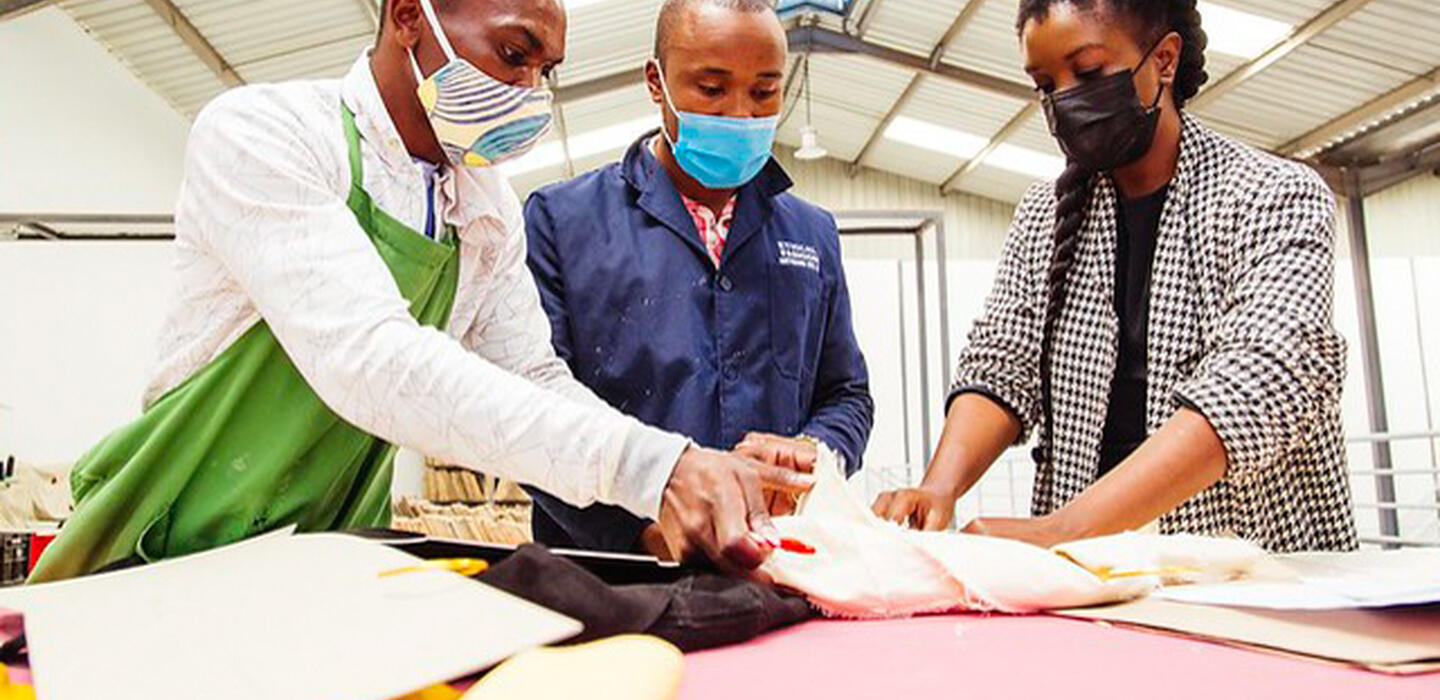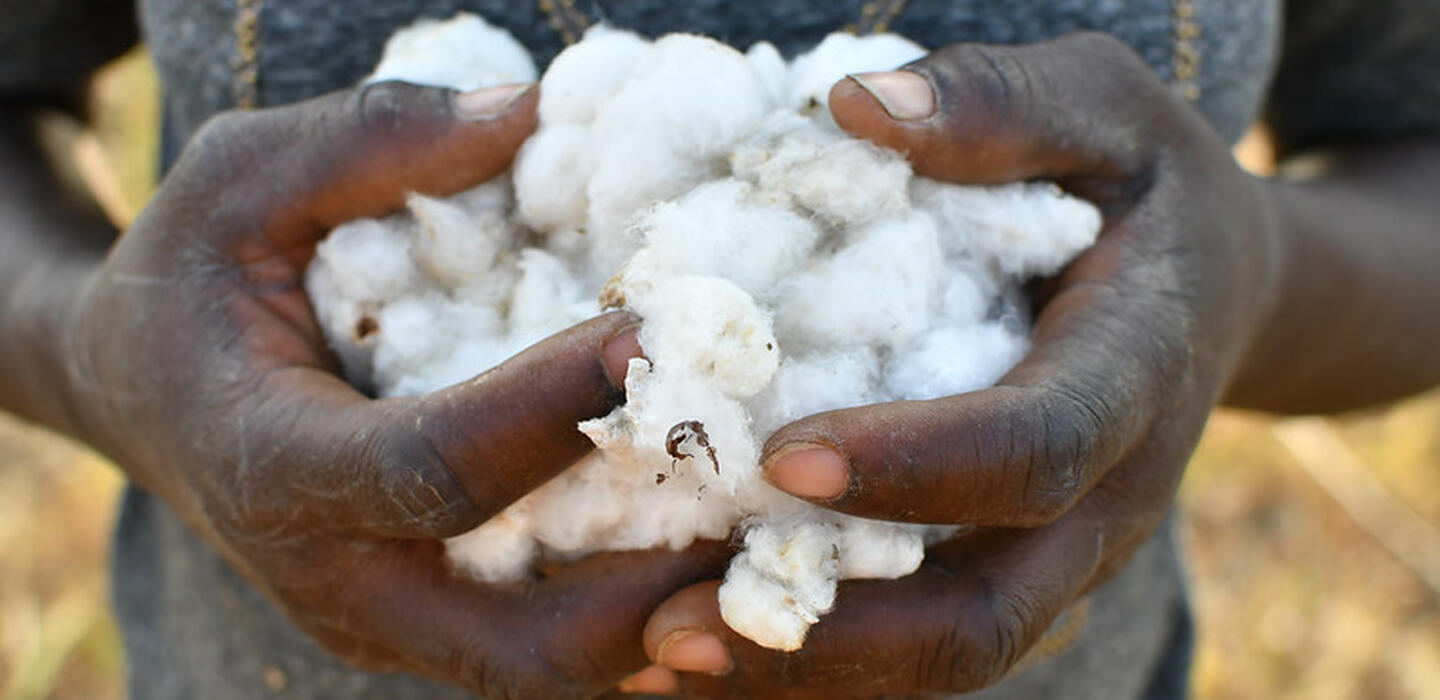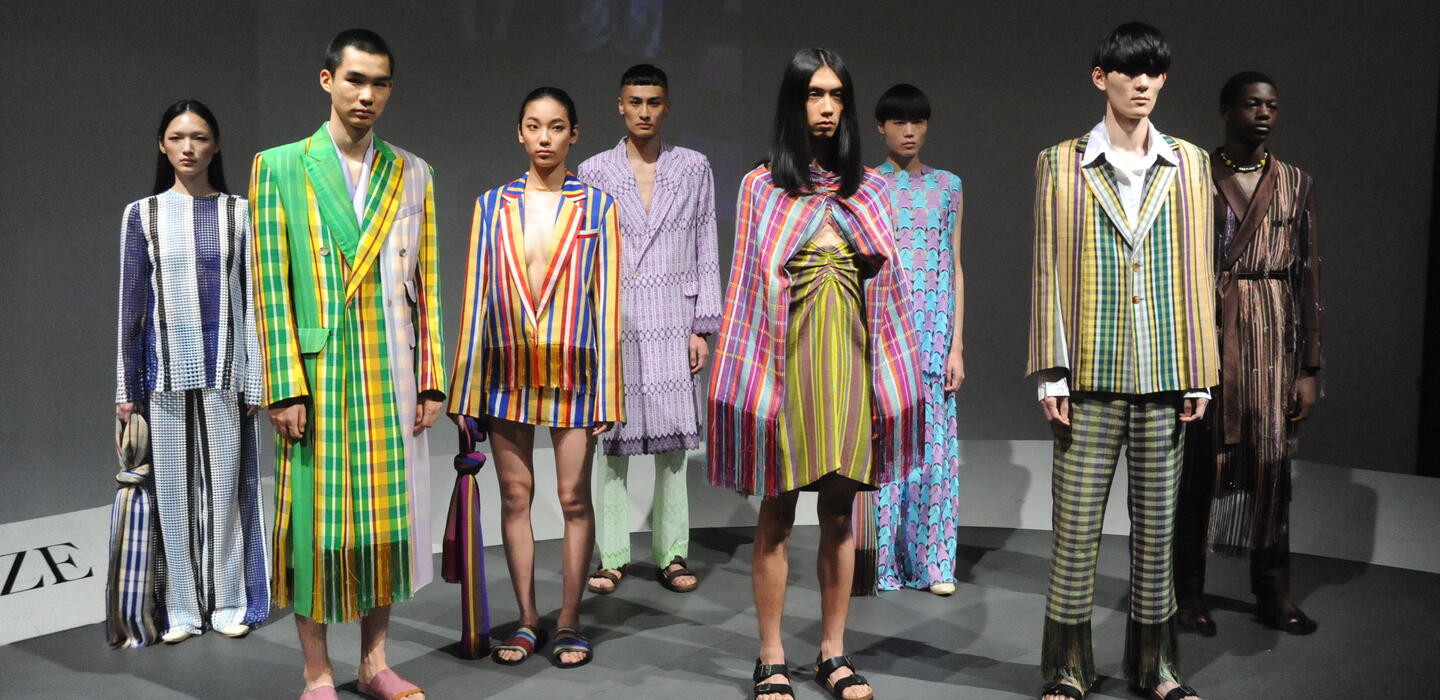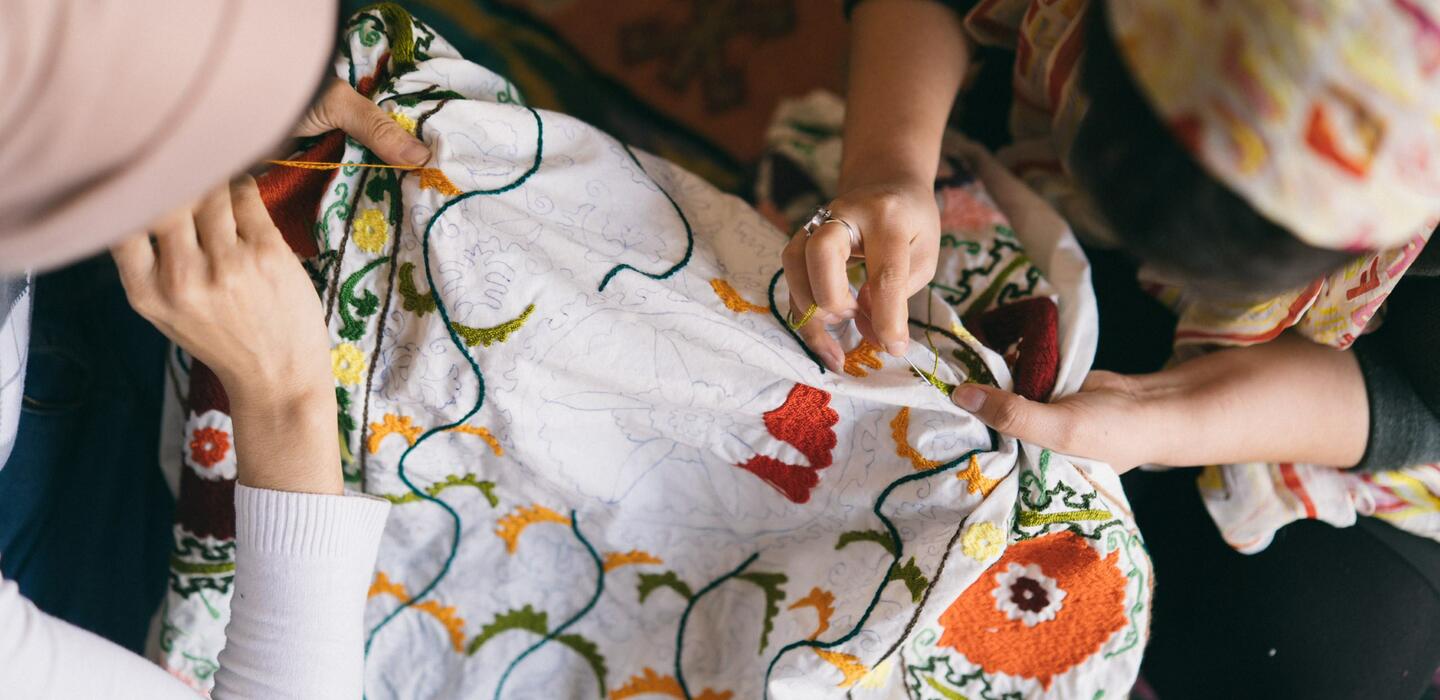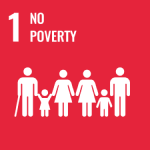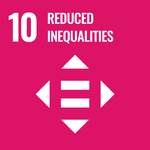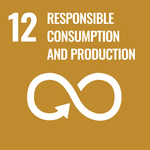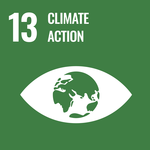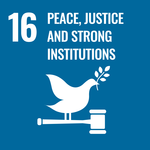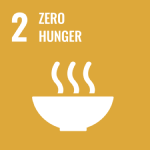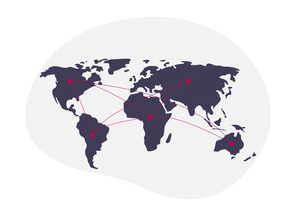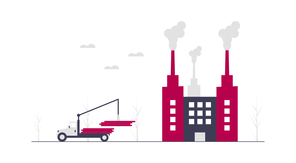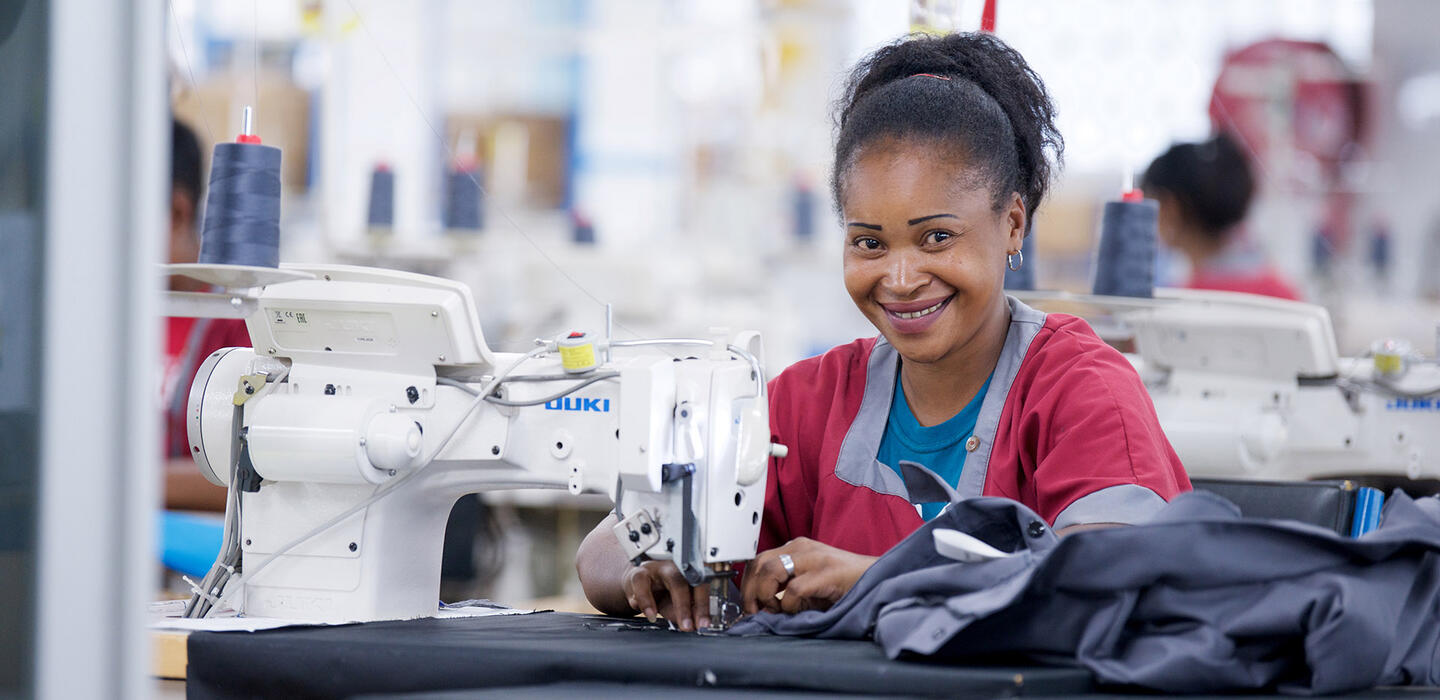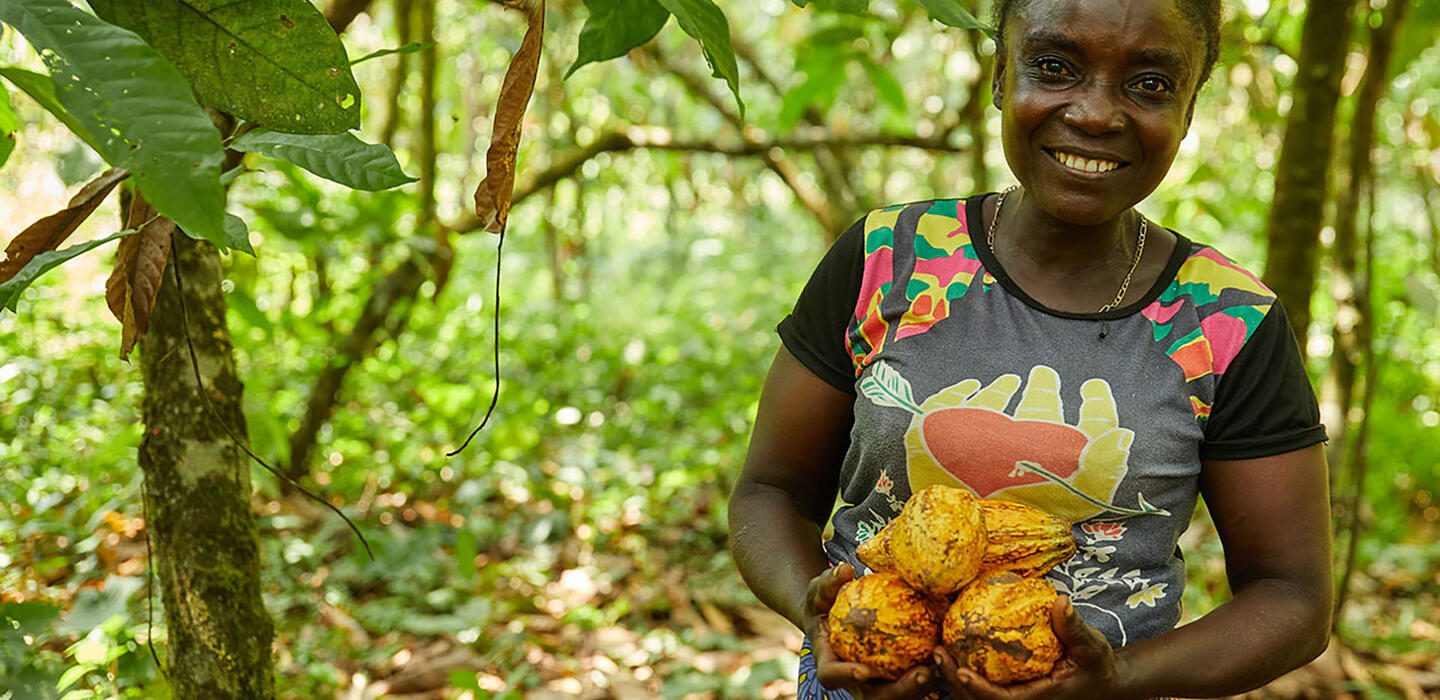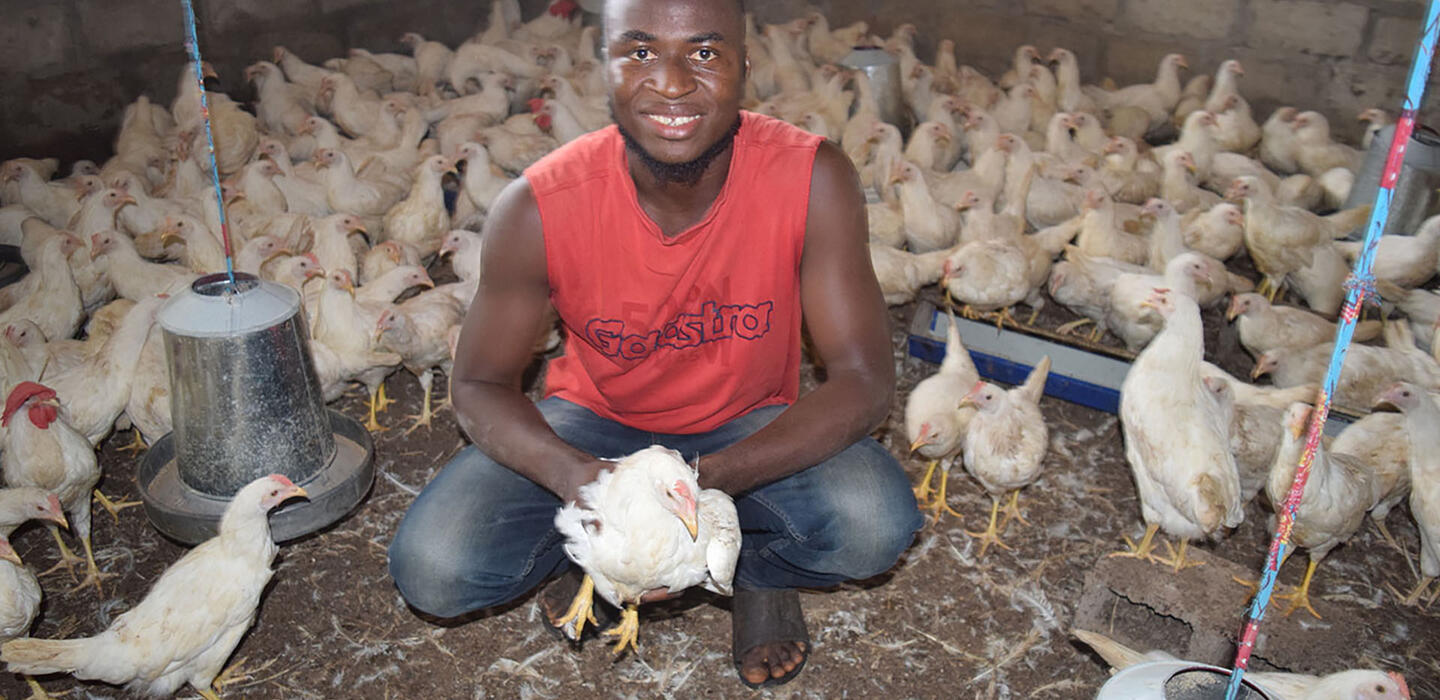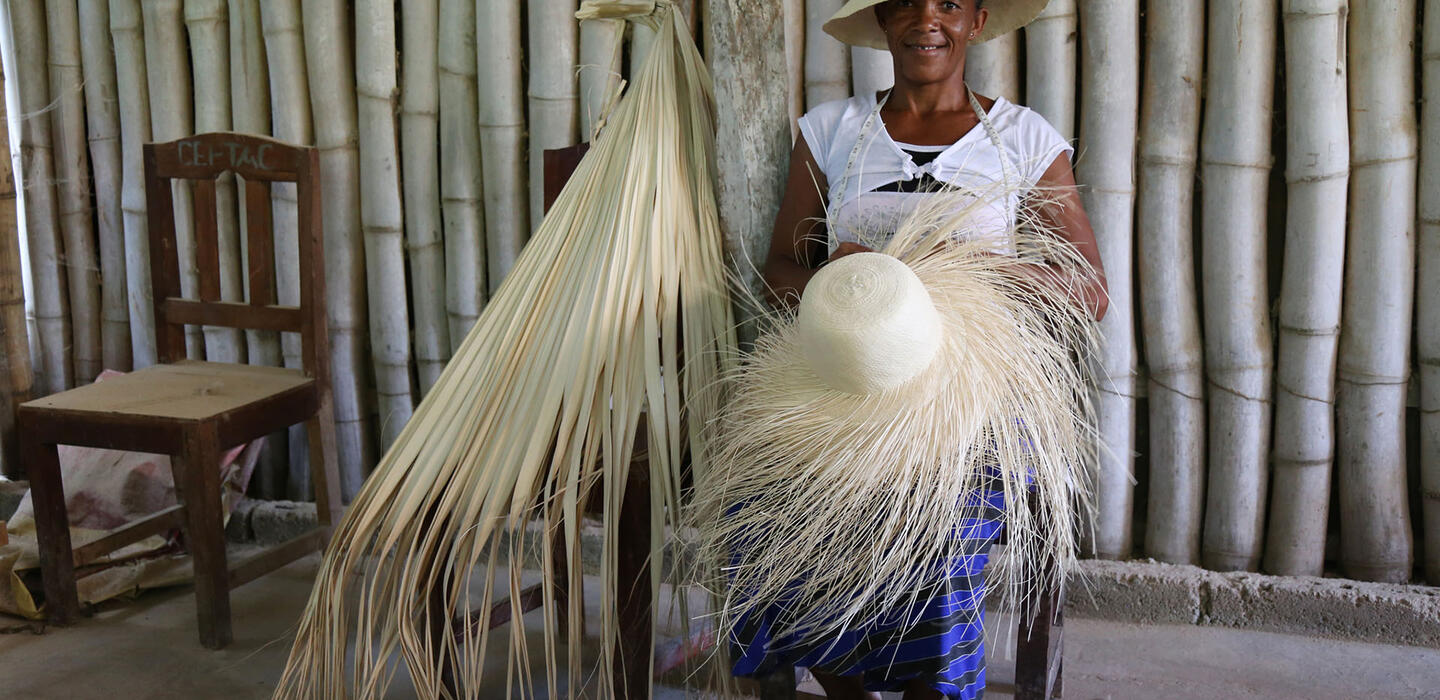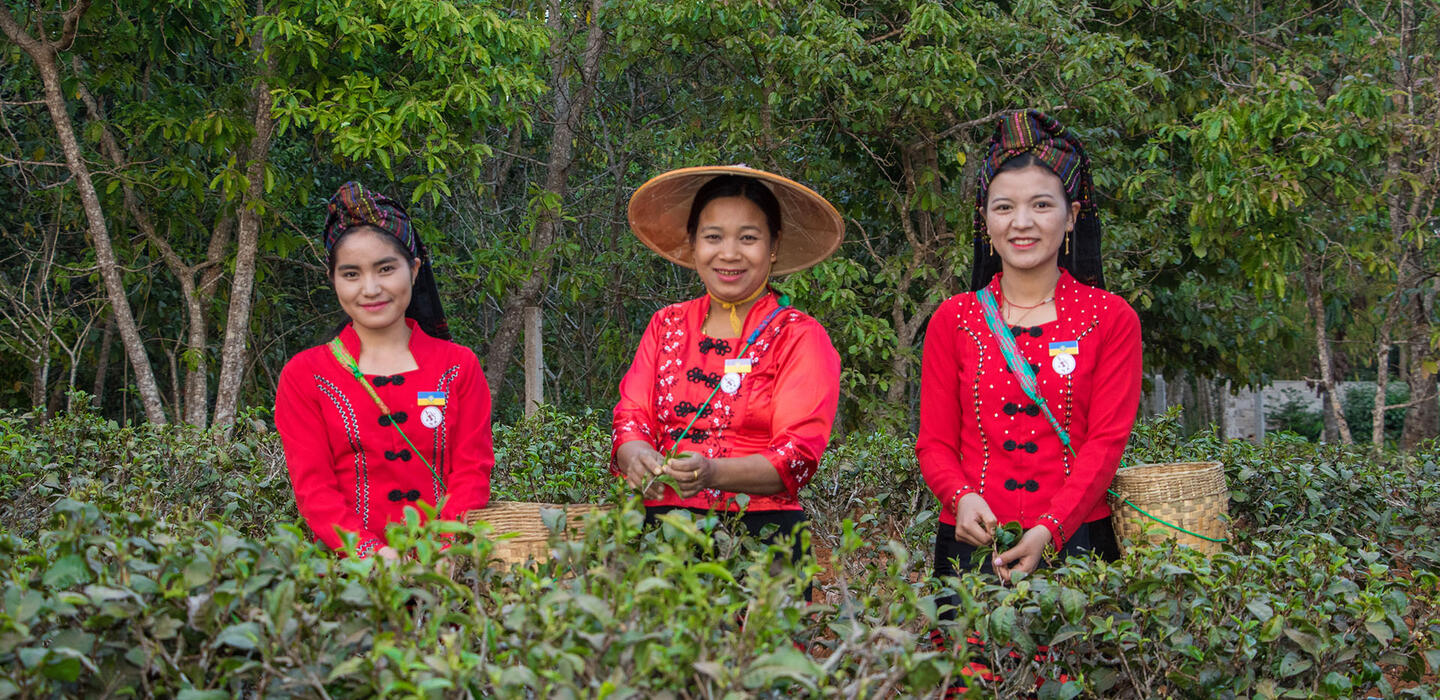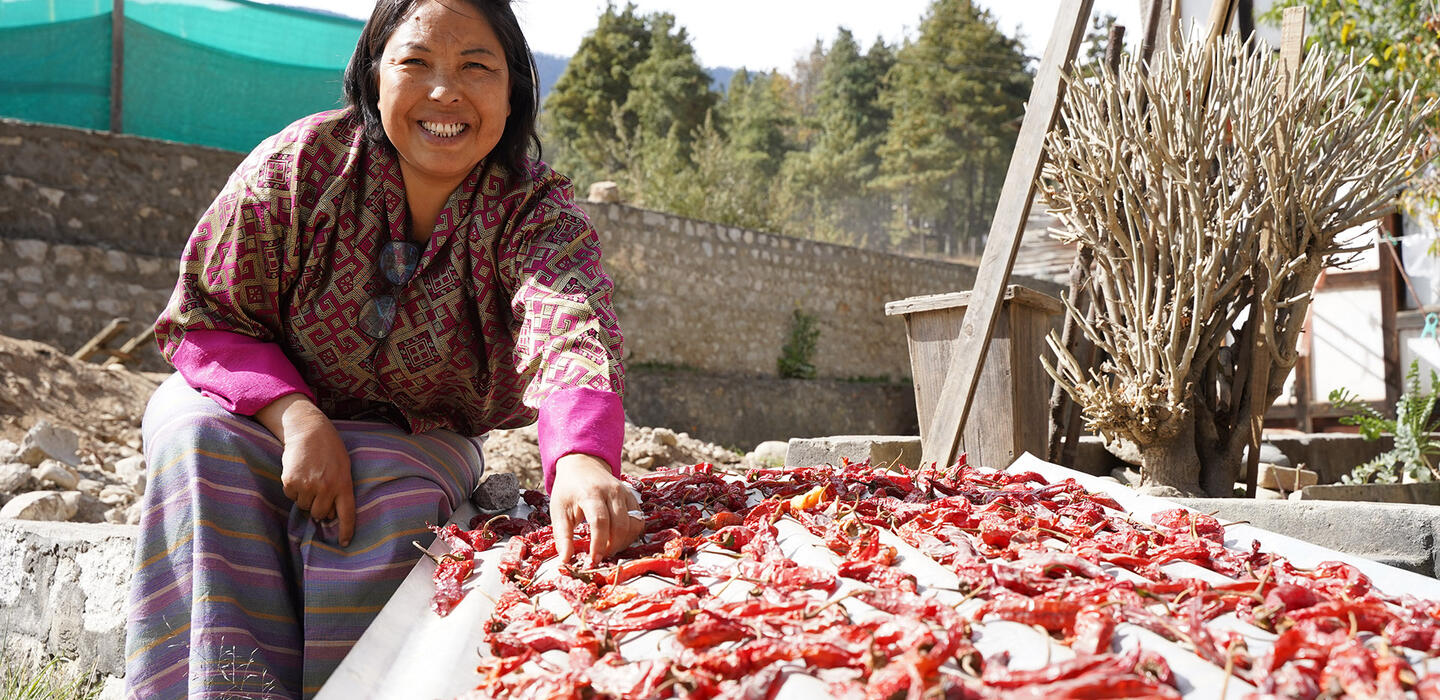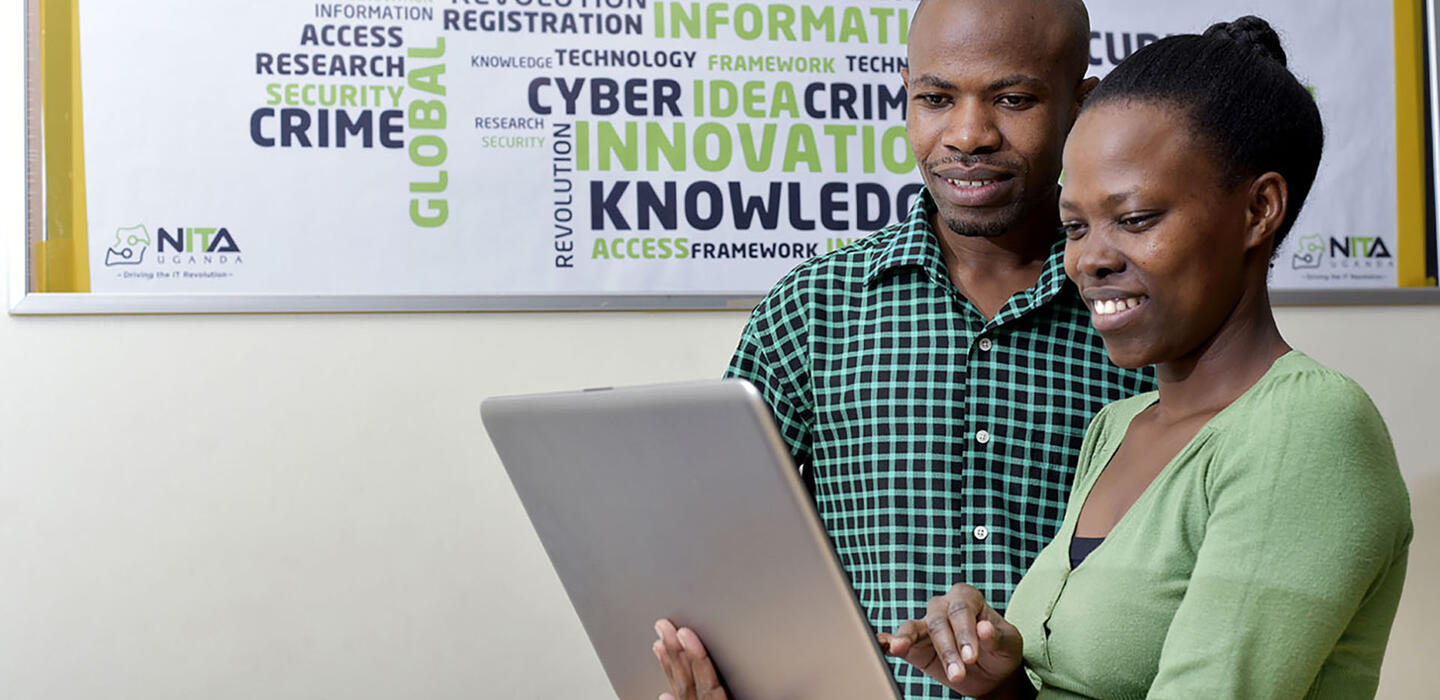Ethical Fashion: Reshaping the Industry to Benefit the World
A weaver at work on a Faso Danfani textile, with CABES, EFI’s social enterprise partners in Burkina Faso.
© Big Style Media House
The Ethical Fashion Initiative (EFI) is reshaping the fashion industry with its support for sustainable production, human rights and the reduction of poverty.
Working at the nexus of international development, fashion and lifestyle sectors, EFI is contributing to decent work for thousands of artisans, most of them women, and connecting their products to luxury brands across the world.
EFI supports low carbon processes, working with artisans producing handcrafted, climate-neutral goods, using natural dyes and age-old techniques.
The fashion industry directly relates to the well-being of millions of workers, the environment and the climate. Ethical fashion promotes all the needs and rights of those involved in the industry to ensure respect for both society and the environment.
A sustainable path for the fashion industry
Sustainability Services
EFI is partnered with the National Chamber of Italian Fashion (Camera della Moda), a leading influence with the largest luxury brands in the world, to create a framework to assess the industry on its environmental, social and governance (ESG) practices. Find out more
Sustainability Products
EFI is partnered with Artisan Fashion, connecting Africa’s artisans of traditional skills and creative talents to luxury brands. Find out more
Decarbonized Supply Chains
EFI and Artisan Fashion manage an international decarbonized supply chain, a network of social enterprises coordinating the work of artisans from the Global South in order to produce for luxury clients worldwide. Find out more
Business development projects
EFI’s Designer Accelerator, Opportunities are Here and Business Lab projects aim to develop sustainable business to its full potential and harness the power of creative industries to be a force for good. Find out more





